November 25, 2019
I hear a lot about “food allergies” but how do I know if I have them? How about this for a short answer, what if you just stopped eating something and you recorded if you felt better? Honestly, that is the gold standard of food sensitivities. Let’s not call them food allergies, because when most people are referring to food allergies what they are really talking about are food sensitivities. Food allergies are the nut allergies and true celiac cases that we hear about in the news all the time. These food allergies can kill you. Food sensitivities will just sabotage your body’s ability to heal by weakening the Immune system, digestive system, hormonal system, and interfere with nutrient absorption. So, let’s look at 3 ways to figure out if you have food sensitivities and the pros and cons of each.
1. Blood Test
Pros: People love to see things in black-and-white on a blood test.
Cons: Blood testing can be expensive, you have to be eating the food that you test for at the time of testing, and in my experience, it does not match with the gold standard of a food elimination diet. It looks like there are a lot of false negatives with this test, which is potentially disastrous to one’s health.
We use Cyrex blood testing to determine what peoples’ food sensitivities are, specifically wheat and it’s associated proteins. That being said, on all the people that I’ve run this test on, who say they do much better cutting out wheat, we often do not see a positive wheat finding on the Cyrex test. That’s why I don’t put blood testing for food sensitivities ahead of what is considered the gold standard, food elimination diets, which we will get to in a second. I believe the most important time to use Cyrex testing is when someone absolutely will not change their diet and need to see in black-and-white what their diet is doing to them.
2. Muscle Testing
Pros: cheap, quick, effective, you can test a lot of things in a short period of time.
Cons: some people do not like muscle testing, and insist on blood testing. You have to be eating the food that you are sensitive to when you are being tested. Sometimes multiple food sensitivities show up. You may not really be sensitive to all these foods, but instead, your digestive system needs support. Plus, you have to have a very experienced muscle tester to do this correctly—there are not many of them around.
Having practiced Nutrition Response Testing and many other muscle testing techniques over the years, muscle testing is my go-to for evaluating food sensitivities. It’s quick, easy, and shows a person immediately what they are sensitive to. Also, I’ve had multiple people ask me to boil down one or two foods that they really need to eliminate, and muscle testing will show this within seconds. It gives people exactly what they want, quickly, and people love it because of this. Like I pointed out before however, some people do not like muscle testing, and therefore, this is not the right technique for them. Food elimination diets will work a lot better, but…..
3. Food Elimination Diet
Pros: This is the gold standard. If someone follows this faithfully for one month, there will be no denying the changes they see. Very cheap, it’s free!
Cons: It takes time. It requires dedication on the part of the patient. Not as black-and-white as muscle testing, or blood testing. It requires work and dedication—many people find this difficult.
Food elimination diets are the gold standard of food sensitivity testing. There are multiple approaches that you can use. We typically use the Paleo reset, the autoimmune Paleo diet (AIP), or the Page Diet. The key to these diets is that you must follow these strictly for at least one month! No cheating! If you are sensitive to a food, you may respond negatively to it for up to three weeks after you ingest it! Therefore, giving any of these diets for at least a month is a must! Almost all my patients who practice one of these diets for a month never go back to the Standard American Diet.
There you go, the 3 ways to figure out if you have food sensitivities. In our office, we commonly put together steps two and three to expedite the process. We don’t do as much blood testing for food sensitivities because of the cost, and I feel they are the least accurate.
For those who would like a personalized approach, or who are dealing with a specific problem that requires a closer look, consider our Nutrition Response Testing or Functional Medicine Programs.
Yours in health,
Dr. Sheehan
Related Articles

Laura Sheehan’s Story: My Life in Holistic Health Care
Laura Sheehan's Story: My Life in Holistic Health Care Meet Laura Sheehan, an accomplished Nutrition Response Testing™ practitioner with a Master's in Applied Clinical Nutrition. She happens to be married to the brilliant Dr. Keith Sheehan, the proud owner of...
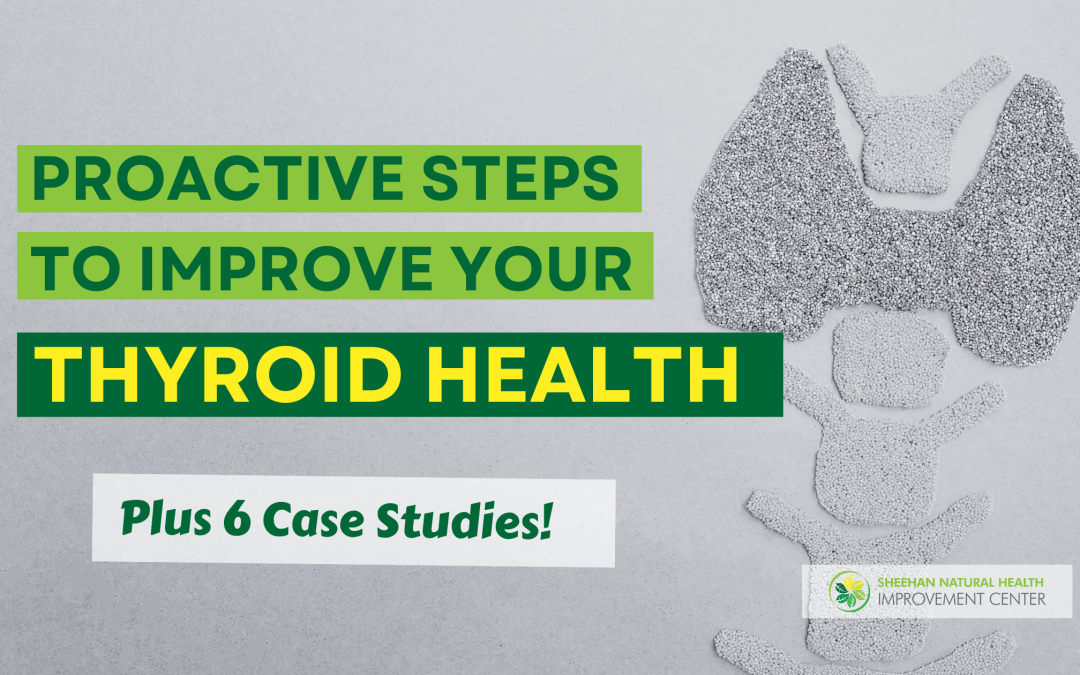
Proactive Steps to Improve Your Thyroid Health (Plus 6 Case Studies!)
Table of Contents1. Understanding Your Thyroid2. How Low Thyroid Function Affects the Body3. Reduce Your Exposure to Toxins4. Avoid Foods You Are Sensative To5. Support Your Immune System6. Optimize Your Liver and Gallbladder Function7. Rule Out Scar Interference8....

7 Keys to Restoring Female Hormonal Balance Naturally
Female hormonal symptoms. They’re rampant! At almost every stage of life, women are subject to all kinds of symptoms related to their monthly (or lack of) hormonal fluctuations. Too much estrogen, estrogen dominance, low progesterone, high male hormones, too much...

5 Tips to Avoid Dairy If You Have This Food Sensitivity
Photo by Austin Wilcox on Unsplash5 Tips for Avoiding Dairy If You Have This Food Sensitivity What are some tips for following a dairy free diet? Since we have added dairy-sensitivity screening to our basic blood panel, many people have been asking me...
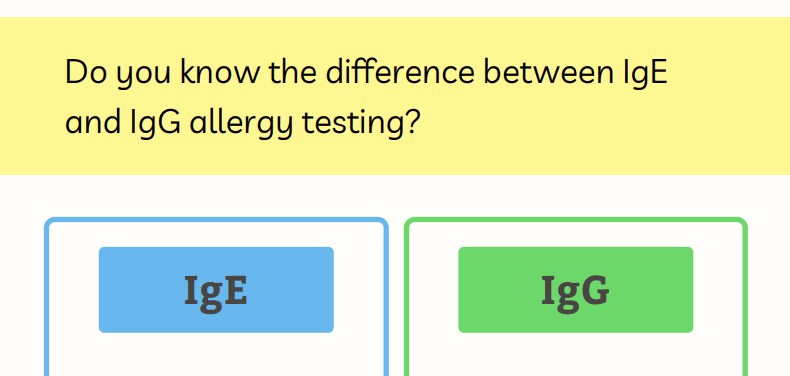
Not All Allergy Testing Is The Same: IgE and IgG Differences
Most doctors will run IgE tests to find any severe reactions to foods, such as breathing issues or hives. IgG tests show delayed, less severe reactions to foods such as eczema patches and/or stomach issues. Food sensitivities may be less severe, but they will wreck...
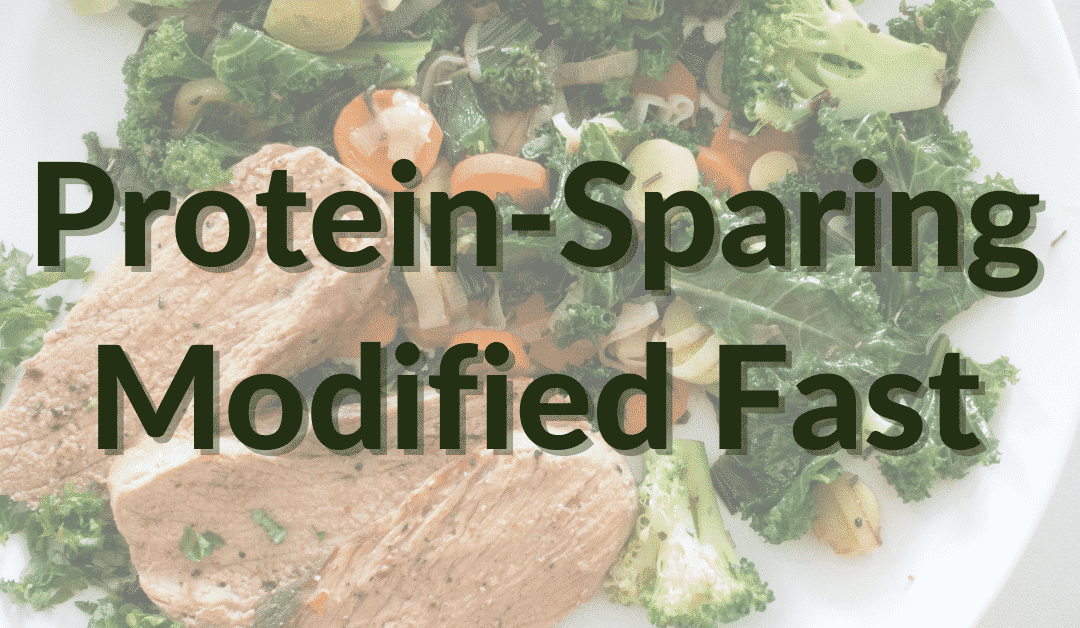
Protein-Sparing Modified Fast for Weight Loss
Hello Friends in Natural Health! Sorry I haven’t sent an update for a while. Keith and I have been busy implementing some more systems geared toward blood testing (to combine with Nutrition Response Testing). Adding the blood testing has helped us with our own health,...

New Years Offer At Sheehan Natural Health
Merry Christmas and Happy New Year! Greetings from Dr. Sheehan and Laura! I hope you had a nice holiday season, spent some time relaxing with the family, and so on. Since both Laura’s and my family live out of state, we stayed here and concentrated on our hiking...
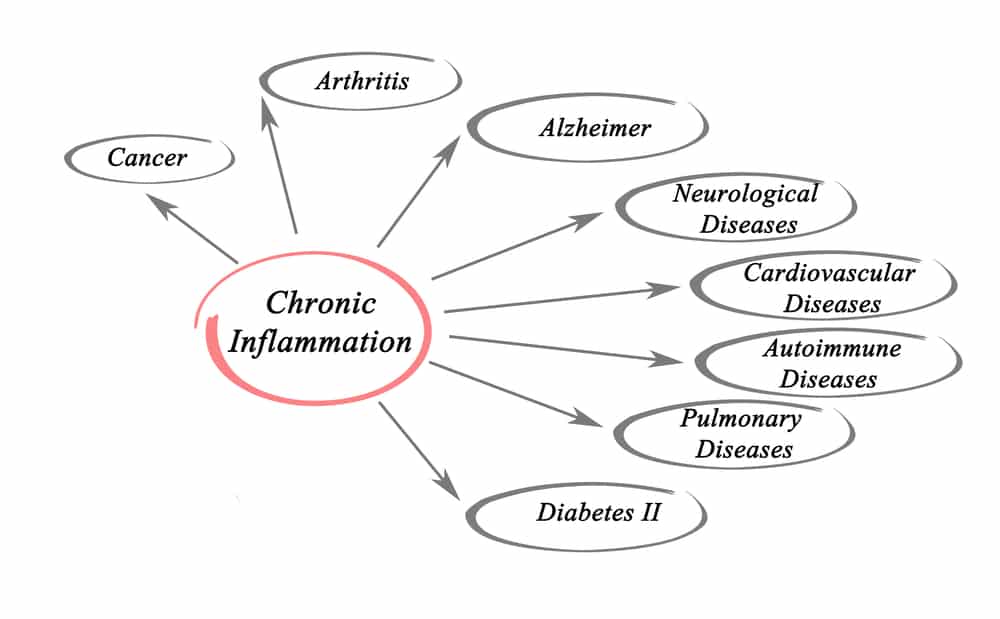
How to Figure Out If You Have Inflammation, and How Much
One of the things that we find all the time in our patients is that they have more inflammation than is healthy. If you look at current studies, and research articles on health, you will see that inflammation is a big part of just about all disease processes,...
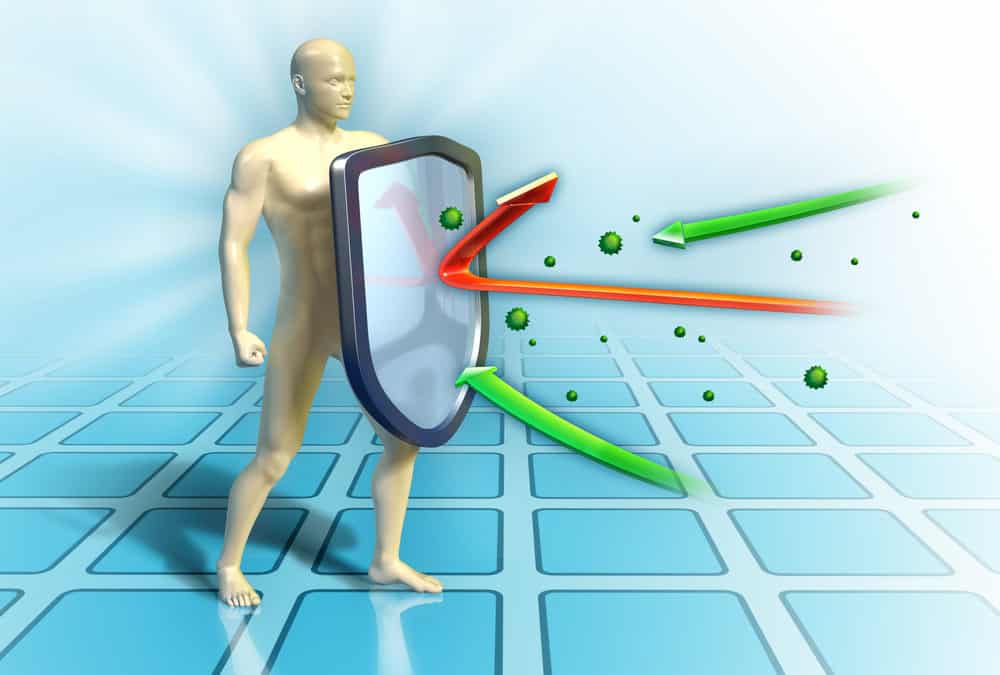
How Do I Keep My Immune System Strong?
The most common question that we get here in the office these days is “how do I keep my immune system strong?” The answer is quite easy: cut out what weakens it and increase what strengthens it. Here's What Weakens The Immune System 1. Sugar Sugar comes in many forms,...

The Page Diet: The Most Effective Diet For Overall Health
What is the Healthiest Diet? If you have been a patient of ours, you probably know there are many dietary strategies that can work very well to get you healthier and feeling better. The best diets out there minimize or eliminate processed foods and stress regular...

